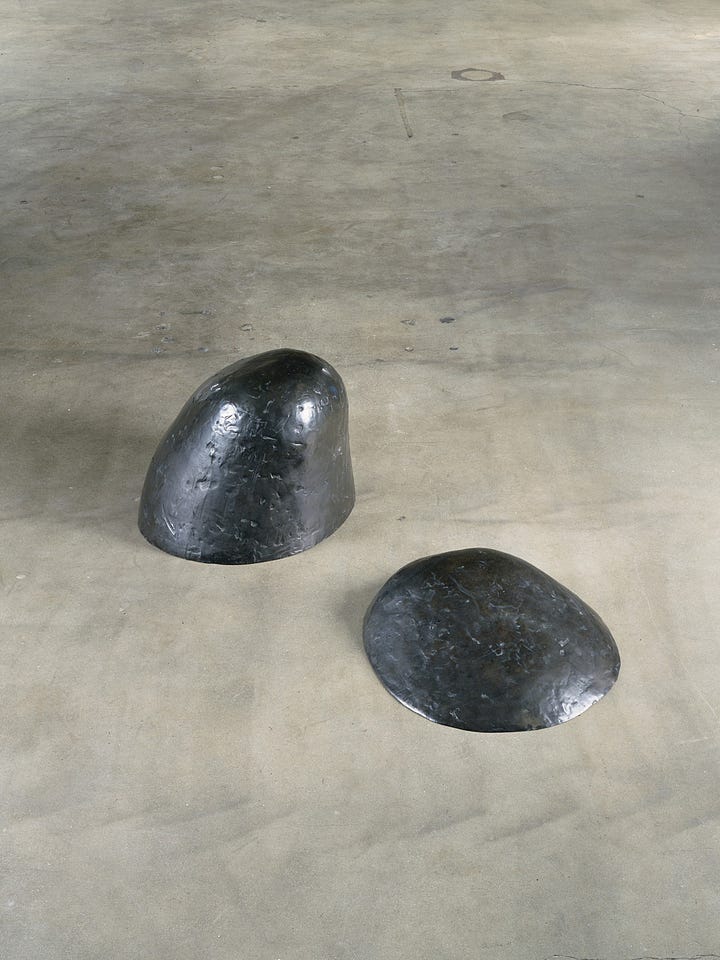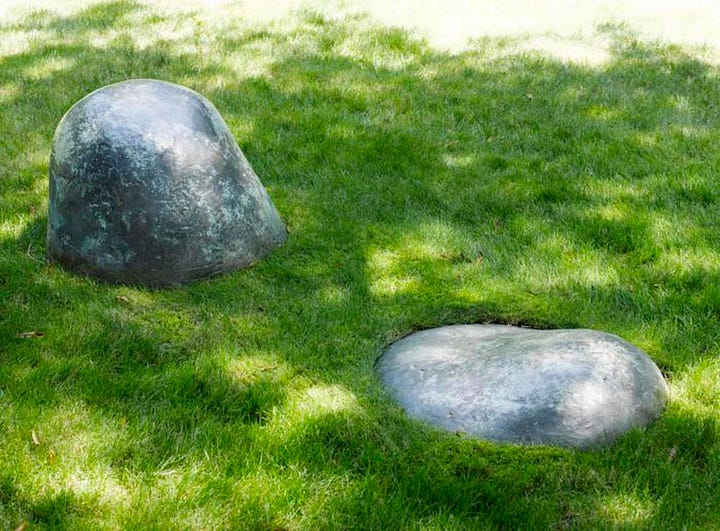Fish Stories
Stories involving fish are always tragic
It is common knowledge that people who do their jobs hunched over a laptop love fantasizing about a simpler life. During a conversation that involved such impotent fantasies, in a wine bar that sold $12 tinned fish, a friend suggested, "Maybe we should start a shrimp farm." When we looked at him puzzled, he pulled up a 4chan post to back up his statement. It was a rant about indoor shrimp farming. "It's like being able to scoop gold out of a kiddie pool" .. "Aquaponics is fucking future even more than blockchain," it went on. After a long pause of careful consideration, I replied that I could not be part of this potentially lucrative endeavor. "Stories involving fish are always tragic," I said.
Take the Raymond Carver story The Third Thing That Killed My Father. It's about a lonely man nicknamed Dummy, who gets obsessed with the black bass that he grows in his backyard pond. The narrator's father is racked with guilt because he's the one who put Dummy onto ordering live bass by mail. "It was after he got the fish that Dummy started acting peculiar," says the narrator. The story opens with something horrible happening to Dummy. "First he blamed the fish, then he blamed himself," writes the narrator, describing his father's reaction to Dummy's tragic life.
The Rick Bass short story Mexico opens with one of my favorite reviews of the city of Houston, "Hell will come here first, when it opens. Everyone here is already dead. The heat killed them or something. People don't even fall in love here anymore: It's just pelvic thrust, and occasionally children as the result. There’s no love, and that's the surest sign of death." The story is about three friends and their bass named Shack. The friends dream that Shack will one day grow to be 20 pounder, something that will fetch them a million dollars for being the biggest bass there is. With that money they'll buy a palace in Eagle Pass. This is what Houston does to people: you decide to put all your life into a fish. Of course, it does not end well. The fish dies at the hands of pesky neighborhood kids. The gang gives up their dreams and sweat out the rest of their lives in loveless Houston.
My friend says fish stories1 are tragic because the ocean is our lost home2. It's where all life came from. I think fish are symbolic of a journey into an impotent subconscious. In both the above stories, the fish are the physical manifestation of an inner desire that is ultimately unfulfilled: To be not lonely in the Raymond Carver story and to escape Houston in Rick Bass's Mexico. In both stories, the characters are changed by the arrival of the fish. They are filled with a desperate hope that ends in tragedy.The fish motif rhymes with a journey into the underground or under the ocean. The stories remind me of Orpheus's journey into the underground to rescue Eurydice and bring her back to the land of light and life. Hades sets one condition: upon leaving the land of death, both Orpheus and Eurydice are forbidden to look back. The couple climbs up toward the opening into the land of the living, and Orpheus, seeing the Sun again, turns back to share his delight with Eurydice. In that moment. she disappears. Orpheus grieves. So close yet so far etc.
Isamu Noguchi plays with subscapes and the underground in his sculptures. One exhibit that I often think about is Seen and Unseen - a series of independent sculptures that appear to be connected to each other beneath the surface. Some of them are single objects that seem like they have a large part of their body hidden below. Learning that Noguchi's father has a poetry book titled Seen and Unseen and that their relationship was so strained that the father did not want the son to take the name Noguchi, adds another layer of appreciation and tragedy to this work. Noguchi was also the art director for the George Balanchine 1947 ballet production of Orpheus.


I often think about fish. Mostly because I grew up on the coast eating fresh fish. Now, all I can find are fish that have been frozen since the ice age and fossilized with preservatives containing endocrine disruptors. But perhaps I think about fish because of my lost home or because of the lifelessness of the relationships I've left behind.
Some other fish stories: Book of Jonah from the old testament, Chemeen, a classic movie in malayalam, Moby Dick, Finding Nemo
This Borges story is a good illustration of fish being a motif for our lost home


This is great. Have been reading Camille Paglia who also associates the sea with the feminine chaos, creation and destruction alike.
Haha, strongly disagree with your characterization of Houston, but loved this nonetheless